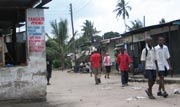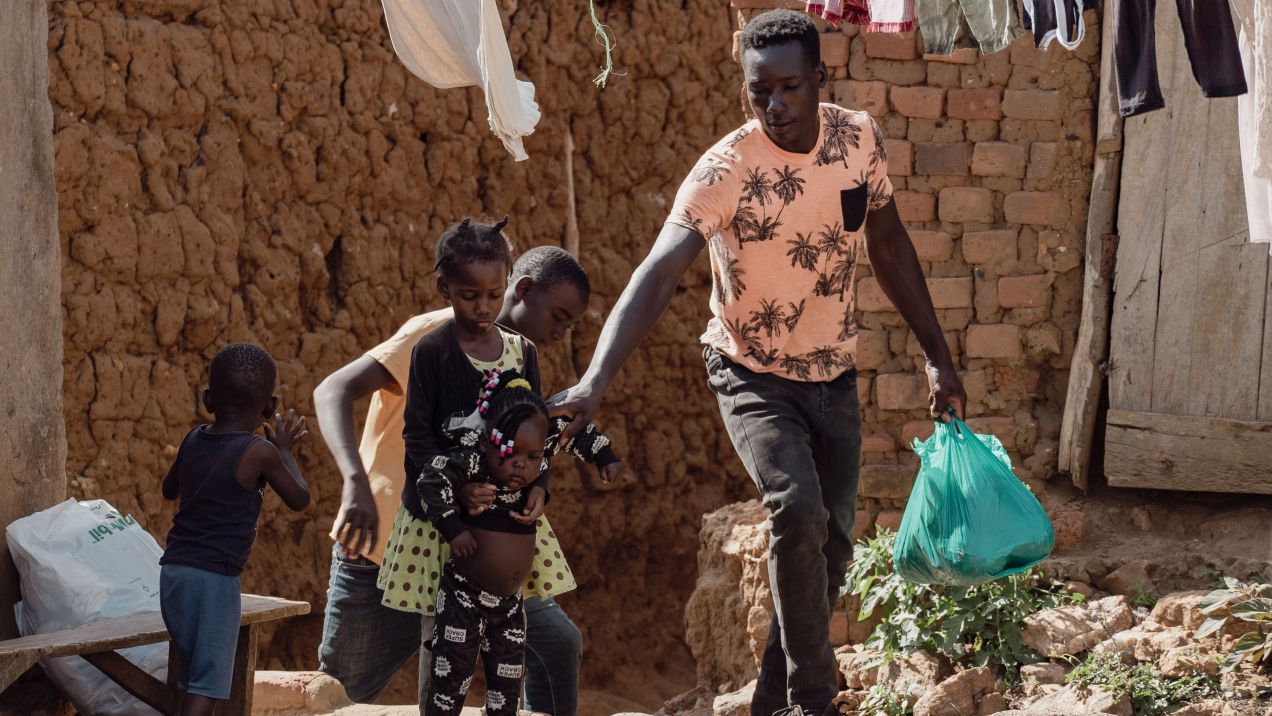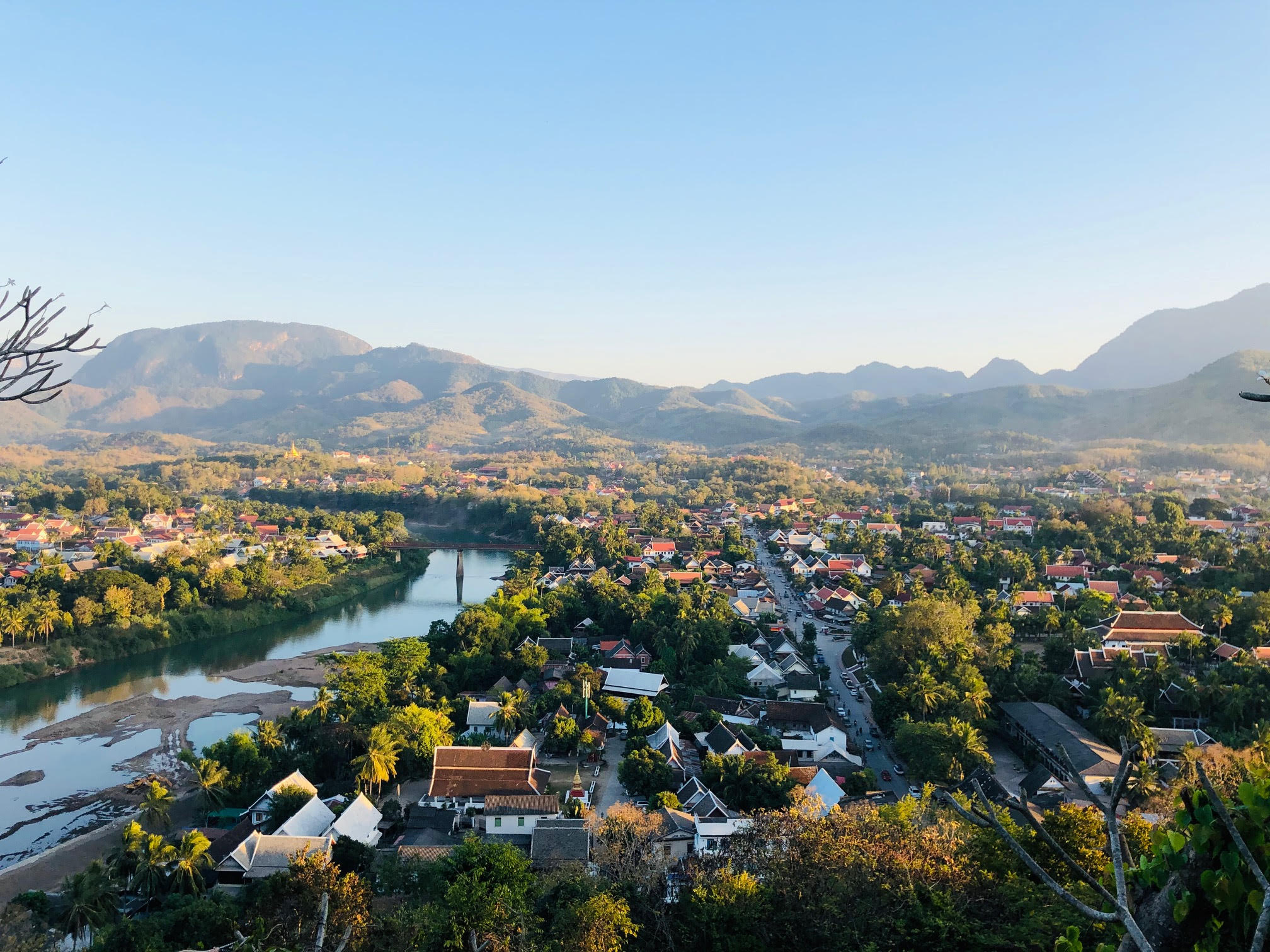This article was originally published on worldbank.org on 29 August 2011

|
| Photo: The World Bank |
[1 September 2011] -- This month, 25 students with GPS tools once considered geeky and hard to use are geocoding every home, road, footpath, drain, school, shop, water and waste collection point in a Dar es Salaam neighbourhood.
The effort – a pilot project funded with $30,000 from the World Bank – is the first step in a plan to map the marginalised communities of the rapidly growing Tanzanian city and turn them into more livable places.
It's also is an example of a new approach to development problem-solving that taps the promise of ubiquitous and cheap technology, open source tools, social networks, and the wisdom of local and global experts and innovators, says Edward Anderson, a young professional at the World Bank working on the institution’s new knowledge strategy for information communication technology (ICT).
Inspired by Map Kibera
Anderson says the project was inspired by the mapping of Nairobi's Kibera slum, where residents worked with nongovernmental organisations (NGOs) to map the community's water and sanitation needs using OpenStreetMap – an “open source” software whose 300,000 volunteer editors promote user-generated maps.
In Dar es Salaam, urban planning students from local Ardhi University are geocoding with assistance from community volunteers. The project is also being facilitated by Ground Truth – the creators of Map Kibera – and receiving support from Twaweza, a local NGO that focuses on access to information and citizen advocacy around education, health care and clean water.
While the Bank is not managing the mapping, the idea was conceived in partnership with its Dar es Salaam-based urban and local government team, which wants to use ICT to better prepare for the proposed Dar Es Salaam Metropolitan Development Project (DMDP).
The Bank worked with Ardhi University to embed community mapping into the curriculum, so students who already receive a small stipend contribute to the project while gaining experience in the field.
And the Bank, acting as a “matchmaker” and networker, introduced city officials to the concept and to the partners that could make the project happen, says Anderson.
"In less than three years from now, we hope there will be a network of citizens aware of the community mapping and know how to give feedback about trash collection, road maintenance, potholes, and drain flooding," says Anderson.
Open Development Strategy Takes Shape
The project is among the first initiatives to come out of the World Bank’s move toward “open development” outlined in a speech by World Bank President Robert Zoellick before the 2010 Annual Meetings of the Bank and IMF.
In the last 18 months, the Bank opened its own data to the public and increasingly partnered with technology leaders such as Google, Microsoft, NASA and Yahoo, as well as with local and global innovators and experts.
“Hackathons” hosted by the Bank allowed technologists and disaster experts to join forces to develop applications in response to disasters in Haiti and Pakistan. On 21-23 October, water hackathons organised by the Bank to seek innovative solutions to water problems will take place simultaneously in several cities.
The Bank also hosted an Apps for Development competition last spring that encouraged innovative use of Bank data and aided new open government initiatives in Kenya and Moldova.
Connecting to Innovators
A year ago, the Bank announced the creation of “knowledge platforms” to enable collaboration among World Bank staff, research centers and academic institutions from developed and developing countries, think tanks, practitioners, and the private sector.
|
“This is an effort to bring people that aren't traditionally development partners into the development field.” -- Julia Bucknall, World Bank Water Sector Manager
|
The first three platforms were on urbanisation, green growth, and ICT for open development, which is aiding the Dar es Salaam mapping effort. Another three – on jobs, food security and nutrition, and fragility, conflict, and violence – were announced this year.
Knowledge platforms will further open up the way the Bank creates and shares knowledge and help make the institution more connected, efficient, and focused on results, says Aniruddha Dasgupta, the director of the Reform Secretariat leading the Bank's knowledge strategy.
“The Bank’s goal is to create opportunities for co-generation of knowledge, focusing internal and external resources on critical, strategic, and transformational issues affecting developing countries,” says Dasgupta.
“Our clients are asking us to partner with them on a range of vexing issues,” he adds. "The Bank is not the center of expertise – that expertise is out there.”
"Our ability in the future to provide the best service to our clients has to depend on our ability to bring all sorts of global knowledge--not only produced by the Bank but increasingly produced by partners of the Bank – and our ability to co-produce knowledge with them," he says.
Urbanisation, Water Issues A Draw
Innovators are increasingly drawn to the problems of rapid urbanisation, particularly in Africa and South Asia, says World Bank urban economist Austin Kilroy.
“There is a huge amount of interest. Urbanisation is already transforming the development agenda,” he says. “We're responding by helping policymakers to access the world's best knowledge and data, and to learn from each other. The challenge is to get knowledge to the right people at the right time.”
To that end, the Bank has partnered with multiple organisations to form Urban Knowledge.org, and launched the knowledge programme in multiple cities around the globe to create hubs for knowledge exchange.
Likewise, outside interest in water issues is high among a growing community of innovators, says Julia Bucknall, manager of the Bank’s water programme.
“We can describe the problems and we can make sure software solutions get used, but we can't develop software solutions,” says Bucknall. “This is an effort to bring people that aren't traditionally development partners into the development field.”




